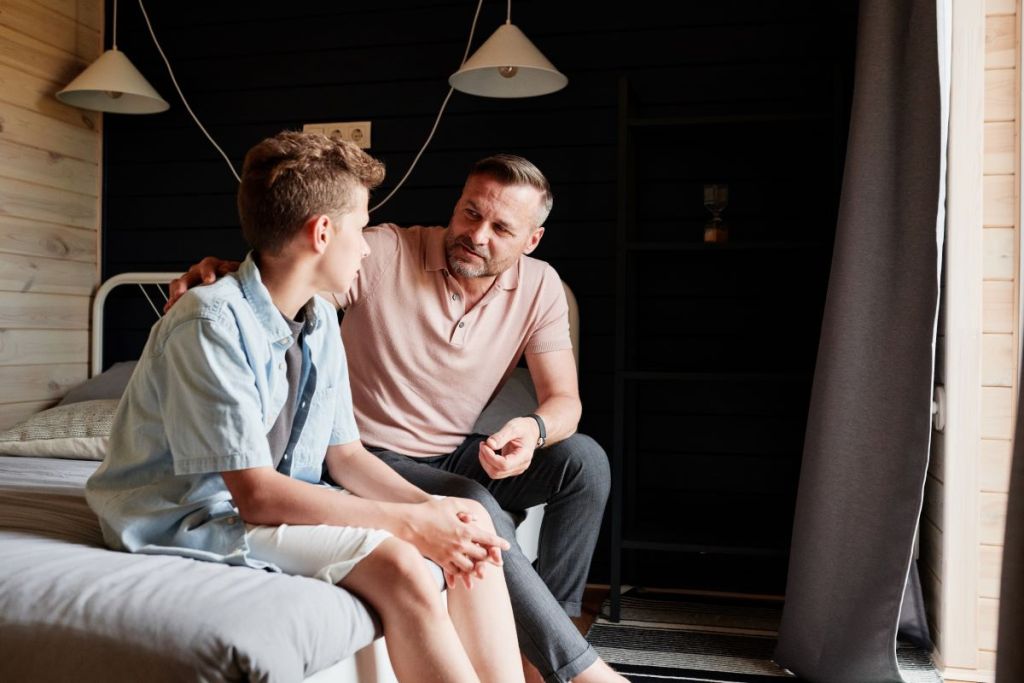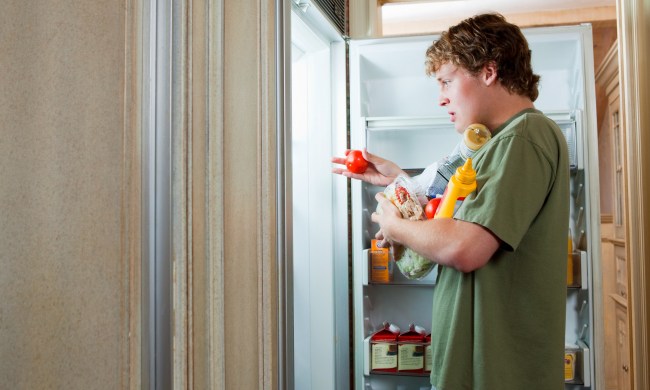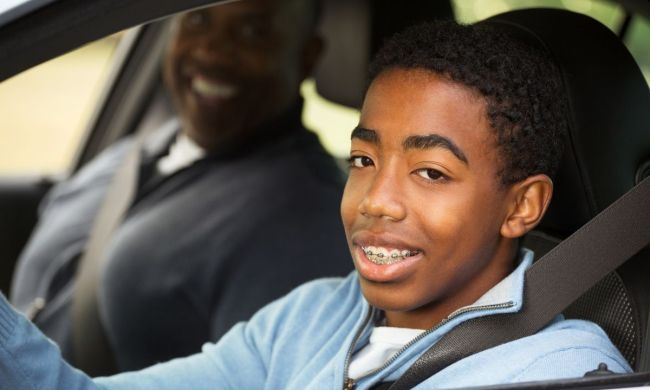Do you find that your teen has become moody unless he or she has a game controller in hand? Are the gaming habits getting in the way of family time, homework, and even relationships with friends? Your teen might be dealing with a problem related to compulsive gaming. However, you have options for warding off this addiction and helping your teen to gain the ability to seek out more productive and healthier activities. Read on to find out more about this condition, its effects, and what you can do about it.
What is compulsive gaming disorder?
The World Health Organization published an article in October of 2020 that described compulsive gaming disorder as a lack of control over gaming habits to the point where the person places digital or video gaming above other more important aspects of daily life. In fact, this condition, as of 2018, was included in the eleventh revision of the International Classification of Diseases. The reasoning behind this decision relates to an increase in the number of treatment programs that have been developed to address this condition and the need to make information available about the prevention of this disorder.
Basically, if the individual has a habit that is so severe that it interferes with school or work, relationships and family time, and overall health for a time span of a year or longer, then the habit could be an addiction that needs to be dealt with by a professional.

What are the negative effects of excessive gaming?
According to this study conducted by Dr. Andrew Przybylski, a professor and social science researcher at Oxford University, and both Netta Weinstein and Kou Murayama, both professors of clinical and social psychology at the University of Reading, compulsive gaming has the potential to negatively impact a teen’s social, mental, and even physical health. Though the results of their research were somewhat mixed, nevertheless, as noted by Dr. Peter Grinspoon, M.D., a contributor to the Harvard Health Blog, attention needs to be given to the area of compulsive gaming due to the increase in the number of treatment groups and support groups that focus on this issue.
Furthermore, Grinspoon also mentions that excessive gaming can lead to the following problems:
- insomnia
- depression
- obesity (due to lack of physical activity)
- anxiety
- desensitization to violence
He recommends integrating healthy habits and a balanced approach to gaming and other pastimes.

How can parents set limits?
Limiting screen time can prevent a teen from following the path of compulsive gaming. As mentioned by Nancy M. Petry, PhD., consistency with the rules and prompt consequences for violating the limits are vital to curbing video game addiction. Furthermore, Petry asserts that such limits can also help stop compulsive gaming. She suggests going by your child’s age when setting time limits for video games. For instance, if your child is over the age of six, then you should aim for no more than an hour on school days and two hours or less on weekends. For younger children, 30 minutes should be the max. Aside from setting time limits, you can also designate certain days out of the week as “game free” where the family partakes in a fun activity or goes on a special outing together. Finally, you can encourage your teen to take up new hobbies or volunteer work or even spend more time with friends. Having social interaction that doesn’t involve video games proves to be valuable at this age.
What to do if your teen has a compulsive gaming habit
If you suspect that your teen has become addicted to playing video games, you should contact your pediatrician who can refer you to a counselor or other mental health professional. One avenue that a practitioner might take involves cognitive behavioral therapy or CBT, as noted in an article from Web MD reviewed by Melinda Ratini, DO, MT, a family practitioner. With this form of therapy, the teen, under the guidance of a counselor, learns how to replace the addictive behavior of gaming with another more constructive behavior. The teen also acquires skills for dealing with any inclinations towards gaming.
Parents, as well, become better equipped to institute and enforce limits to screen time when working with a therapist. In fact, the therapy proves to be more effective when the parents take part.
As you can see, you don’t have to navigate the road toward healing from compulsive gaming alone. You can seek insight from other trusted parents and consult with professionals when it comes to preventing or treating compulsive gaming. Most of all, once your teen has overcome this hurdle, you can all look forward to a healthier, more fulfilling life.



